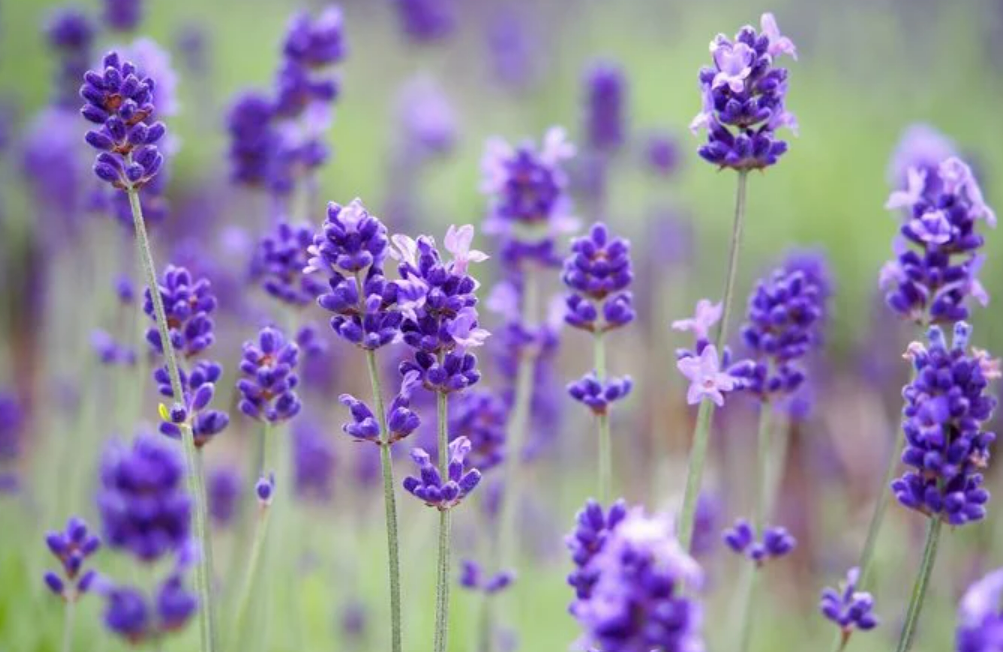Patients and carers have told us how important it is that healthcare staff prepare them for what happens as end of life nears. This allows time for family and friends to be close at hand, to have time to say final goodbyes and to prepare emotionally for the days ahead.
These conversations can also bring a lot of comfort as the health care team can explain how they will care for the patient not only until the time of death, but also with love and care after the person has died.
Ways to begin a conversation with your cancer team:
| You could say | Your questions might be |
|---|---|
| I want to talk about what is likely to happen when I am close to dying | How do I know that the end of my life is close? |
| We want to be ready for what will happen at the end. Can we meet as a family? | How will I know that I am dying? |
| What physical changes will happen to me? | |
| What physical changes should my loved ones be looking out for in me? | |
| Will I experience pain at the end? Will I be conscious at the end? | |
| When and who should my family ask for help if they have concerns? |
Family and carer questions
Questions that carers may have:
- I am frightened to see my loved one die, what can I expect?
- Where can I get help to care for my loved one at home?
- What will my loved one be feeling when they are dying?
- I have read that death can be peaceful, is that true?
- What happens after my loved one dies? What do we need to do?
- I am not sure how I am going to cope after my loved one dies – can you tell me where or how I can get help if I need it?
- It has been months since my loved one’s death and I still don’t feel I can do anything or want to see anyone. Is this normal?


